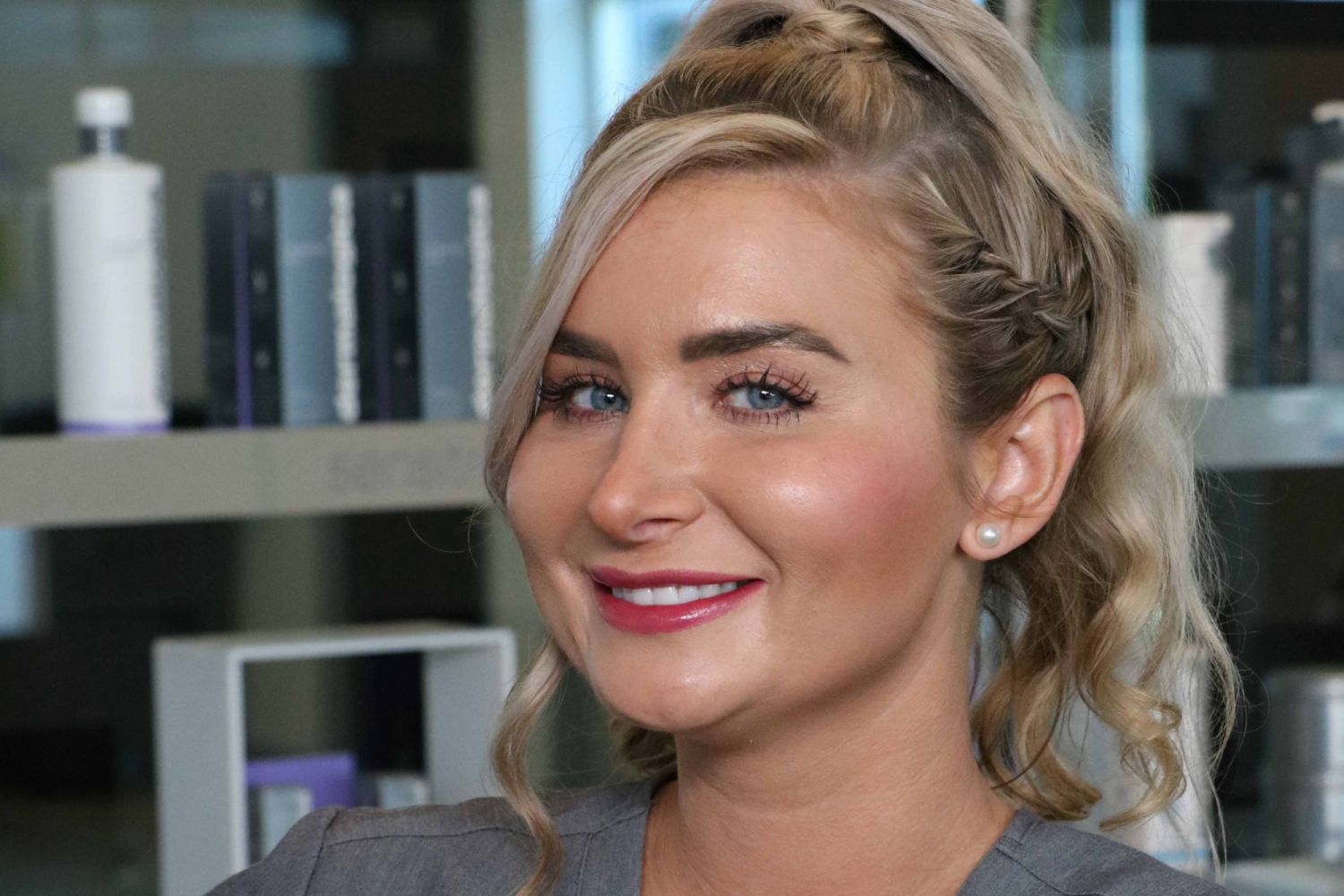Struggling with acne? A skincare expert shares her top tips on how to manage the skin issue with ease
Let’s cut to the chase and talk about acne. Even with the advancement of science and technology in the beauty space, this skin problem continues to plague people everywhere.
Beauty standards have somewhat changed over the years to include various skin types, tones and even textures. However, most of us would understand the pressure to achieve flawless skin and live up to certain ideals that we see in advertising campaigns or in the pages of glossy magazines. Remember when “glass skin” was a beauty trend? It’s an irresistible desire because who wouldn’t want clear skin?
But such desires are unrealistic. There are various factors that cause acne—from hormonal level changes to stress. Sometimes, even genetics play a part. And it’s normal to feel helpless in your journey to manage acne problems and treat them well.
Fundamentally, the most important step in one’s skincare routine is cleansing. We speak to Sarah Miller, licensed skin therapist and cosmetologist, as well as Master Instructor for Dermalogica, who tells us more about the science behind acne and tips to care for the skin condition.
Read more: Dermatologists' Face Mask Tips for Sensitive Skin

Can you suggest the top tips to manage acne breakouts?
Sarah Miller (SM): Cleansing is tip number one! It is very important to remove the pollution, sweat, skin cells, dirt, and more that accumulate throughout the day and as we sleep at night.
Two, would be washing your pillowcase regularly and wiping your cell phone. These small things can make a big difference to your skin’s health.
Three, find a simple regimen and stick to it!
Four, wear SPF now and your skin will thank you later. This will really help protect against post-inflammatory hyperpigmentation (brown spots that can be left behind after an acne lesion goes away)
Finally, the top tip that helped me was learning that acne is normal and learning to embrace my skin. I was able to find the right routine for my skin to balance and manage my acne. I do still tweak it from time to time but be patient and know that it's okay to get a breakout sometimes. That has helped me so much to stop obsessing over it and being so hard on myself.
What products should we use? (Eg what type of cleanser?)
SM: Everyone’s skin is so different, so your regimen will depend on your skin type and skin condition.
Some examples: If you have acne and oily skin, the Breakout Clearing Foaming Wash from Clear Start is a great choice for your cleanser. If you have more sensitive skin with acne, you will want a gel cream cleanser.
